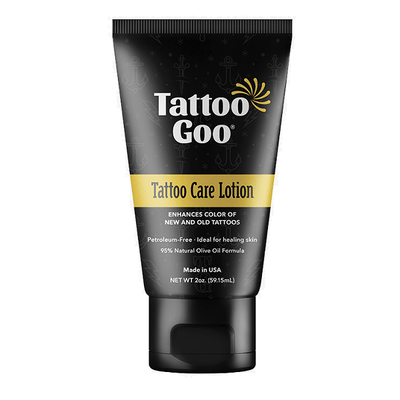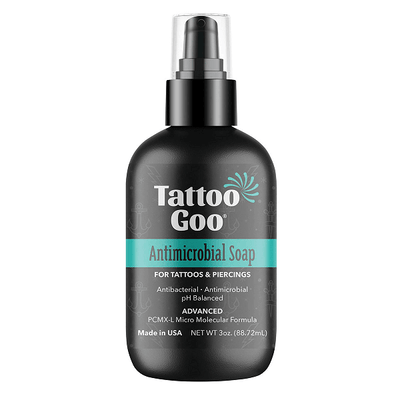Planning to celebrate your new tattoo with a drink? You might want to hold off on popping the cork. While it's tempting to toast to your fresh ink, consuming alcohol after getting a tattoo can complicate the healing process.
Alcohol not only increases excess bleeding and swelling but also impacts your body's ability to heal, potentially muddying the appearance of your new artwork. Before you consider a celebratory drink, let's dive into what you really need to know about alcohol and tattoo aftercare.
Can you drink alcohol after getting tattoos?

It's generally recommended to avoid drinking alcohol for at least 24 hours before and after getting a tattoo. Alcohol can thin your blood, which may increase bleeding during the tattoo process and slow down the healing afterwards. It can also dehydrate your skin, potentially affecting how well the tattoo heals. For best results, it's wise to give your body time to recover without the influence of alcohol.
What happens if you drink alcohol after getting a tattoo?
- Increased bleeding: Alcohol thins the blood, which can increase bleeding during and after tattooing, making healing slower and affecting ink clarity.
- Increased swelling: Alcohol can worsen inflammation and swelling around the tattooed area, distorting the design during healing.
- Dehydration: Alcohol dehydrates your body, slowing skin recovery and making it dry.
- Ink disturbance: Excess bleeding can affect how ink settles, leading to a blotchy appearance.
- Weakened immunity: Alcohol lowers your immune system, increasing infection risk for fresh tattoos.
- Healing disruption: Alcohol interferes with tissue regeneration, prolonging recovery.
- Poor sleep: Alcohol disrupts rest, which is vital for skin healing.
Does alcohol help with tattoo pain?

Drinking alcohol might seem like a way to ease tattoo pain, but it isn't effective and may cause complications. Thinned blood increases bleeding during tattooing, which impacts the quality of the design and can worsen swelling-related pain. For the best results, avoid alcohol before your session so your skin is in the best condition to heal.
Can you drink alcohol before a tattoo?
No, it's not recommended. Drinking alcohol beforehand thins the blood, leading to excess bleeding that makes the tattoo harder to apply and impacts healing. It can also impair judgment about your design choices and pain tolerance.
What to consume or drink after getting a tattoo?

Here are some better options to support healing:
- Water: Keeps your skin hydrated and helps repair.
- Nutrient-rich foods: Vitamins C and A, zinc, and omega-3 fatty acids aid skin recovery.
- Lean proteins: Chicken, fish, tofu, and beans help tissue repair.
- Leafy greens: Spinach, kale, and broccoli boost skin health.
- Fresh fruits: Oranges, berries, and apples are rich in antioxidants.
- Herbal teas: Gentle and hydrating without caffeine's effects.
Final thoughts
Avoiding alcohol after a tattoo is the safest way to ensure clean healing and lasting results. Alcohol slows healing, increases bleeding, and may impact how your tattoo looks once healed.
For the best results, support your recovery with high-quality tattoo aftercare products. From soothing balms and gentle soaps to hydrating lotions, we've got everything you need to protect your ink.




























































 Studio supplies
Studio supplies












 Power & batteries
Power & batteries







 Aftercare
Aftercare



















 Apprentice
Apprentice


 Piercing & jewellery
Piercing & jewellery







 PMU supplies
PMU supplies



 New arrivals
New arrivals
 Gift vouchers
Gift vouchers
 Shop all
Shop all










































